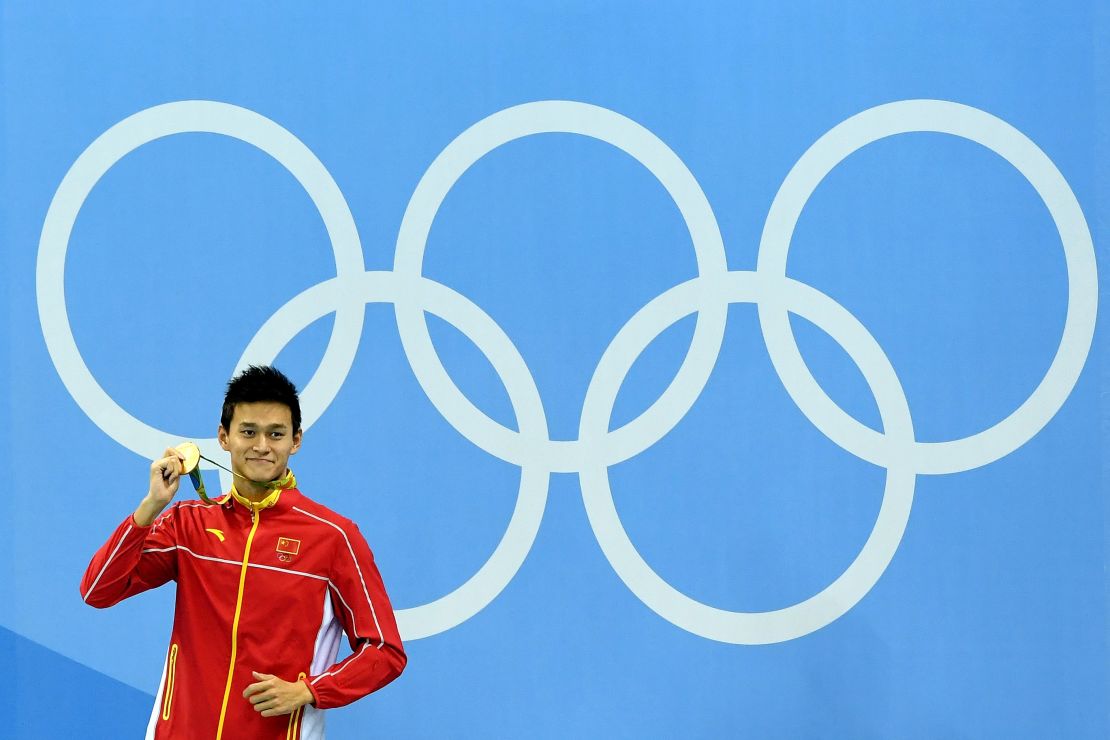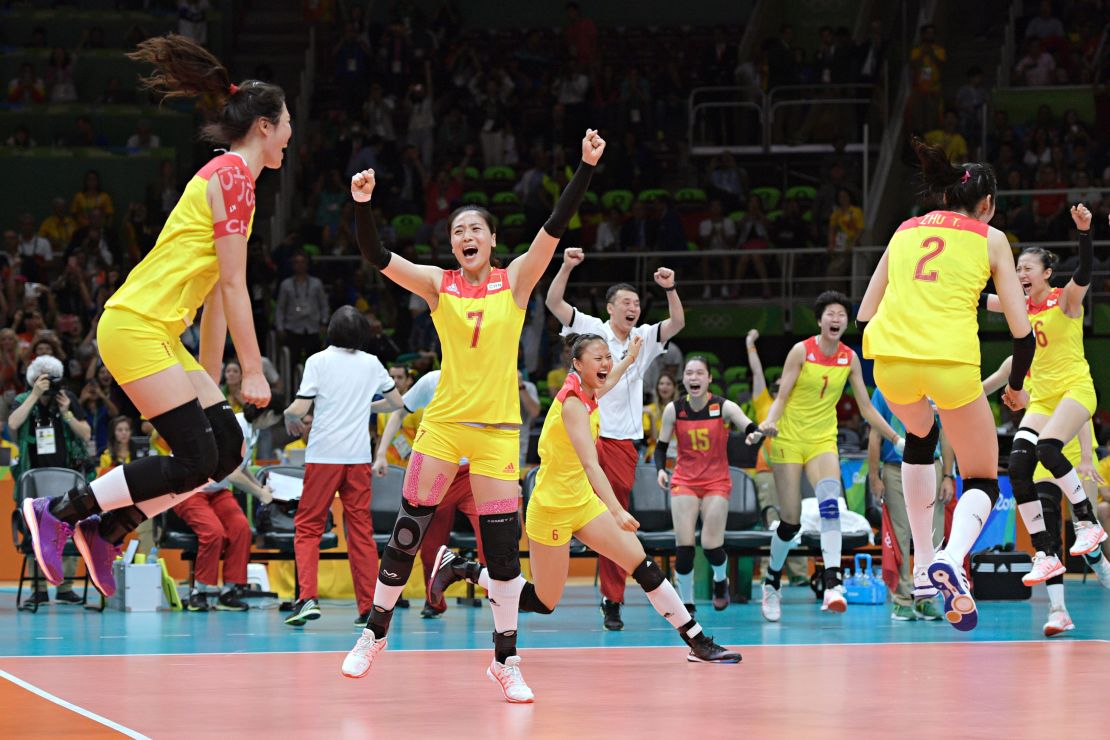Story highlights
Team China's performance in Rio was considered disappointing
Some point the finger at the country's sports system
For a nation known for its obsession for gold, Team China seemed to have had a rough time in Rio de Janeiro.
The country came in third place in the gold medal count at the 2016 Summer Games, trailing the United States and Great Britain. Eight years ago in Beijing, China sat on top with a record 51 gold medals.
Now, analysts and spectators are debating if China has moved beyond its single-minded determination in winning gold.
Some see a diminishing role for sports as an outlet for nationalism, thanks to China’s economic and military ascent on the global stage. Others consider funny swimmer Fu Yuanhui’s instant popularity a sign of a demographic shift in Olympic viewing, as younger generations focus more on personalities than results.
But if one looks at the hardware, there is no denying that China came up short.
“We agree that winning gold is not the only benchmark, but we also recognize the Olympic motto is faster, higher and stronger after all,” said Liu Peng, China’s sports minister, in Rio on Saturday.
A slow start
China began its quest at the Games without winning gold on day one.
Soon came some unexpected flops in fields that China usually excels in: diving, gymnastics and swimming.
‘No apology’: Fury in China after Australian calls swimmer a drug cheat
Female swimmer Chen Xinyi, a rising star, tested positive for a banned substance.
Then, 100-meter freestyle world champion Ning Zetao – the swimming team’s golden boy and a huge celebrity – finished his Rio races empty-handed.
Finally, blaming an illness, Sun Yang – the world-record holder in men’s 1,500-meter freestyle – failed to even qualify for the final.

Fu was the oneChinese swimmer who bucked the gloomy trend and became an overnight sensation. The 20-year-old lit up – and cracked up – the whole nation with her exuberant and at times hilarious answers during post-competition interviews on state television. Her reactions formed a stark contrast to the usual somber responses from Chinese athletes.
A much-needed win
In the end, it was once again the Chinese women’s volleyball team that lifted the national spirit and let the world’s most populous country go out with a bang at the Rio Games.
Olympic Games
When the women overcame their first-set loss in the final and beat Serbia 3-1 Saturday night to claim the 26th – and final – gold medal for China, the entire Chinese cyberspace seemed to explode with joy and pride, with countless posts from around the world on people bursting into tears.
As China emerged from Mao Zedong’s tumultuous Cultural Revolution and re-entered the world of international sports in the early 1980s, it was the unlikely success of the national women’s volleyball team that injected the scarred nation with a much-needed shot of purpose and optimism.
This time around, millions of fans were glued to their television sets or phones, holding their collective breath as state media offered play-by-play announcements on air and online.

The volleyball team accomplished something even Beijing’s propaganda czars and Internet censors had found elusive in the past few weeks: Replacing the disappointing and bitter tone on social media over China’s Olympic performance in Rio with a united and enthusiastic voice.
The blame game
Disheartened state media outlets could hardly conceal their feeling during much of the Games, with the official Xinhua news agency memorably tweeting in English “You’re kidding me” as Great Britain overtook China for the number two spot in the gold medal table.
The tweet has since been deleted.
Yet others pointed the finger at the country’s government-run sports system, which pours millions of dollars of state funds in Olympic sports and puts young athletes through ruthless training in fields chosen by the authorities.
“The state should use taxpayer money to improve conditions of public sports facilities for ordinary people, instead of spending it to win a few medals that would make officials look good,” wrote prominent sports commentator Huang Jianxiang on Weibo, China’s equivalent of Twitter.
Despite such criticisms, officials and the public still often link China’s Olympic success to its national rise.
Economists at Goldman Sachs had predicted China would take home 89 medals, including 36 gold, to place second in the medal table in Rio.
When the Olympic flame was extinguished Sunday night, the final count of 70 in total with 26 gold made the widely reported forecast look way too sanguine.
Still, there were enough victories to celebrate, according to Liu, China’s top sports official.
He pointed to the issue of succession in many sports but stressed that, while Rio was the first Olympics for more than 70% of Team China members, 13 first-timers struck gold. He also applauded Fu’s viral remarks as a sign of increasingly relaxed and confident Chinese athletes.
“We underestimated the challenges and difficulties we would face at the Rio Olympics,” Liu said. “We are behind in studying new ideas and trends in the fast-developing world of competitive sports along with their training and management.”
“Our Rio mission was basically accomplished,” he added.











































